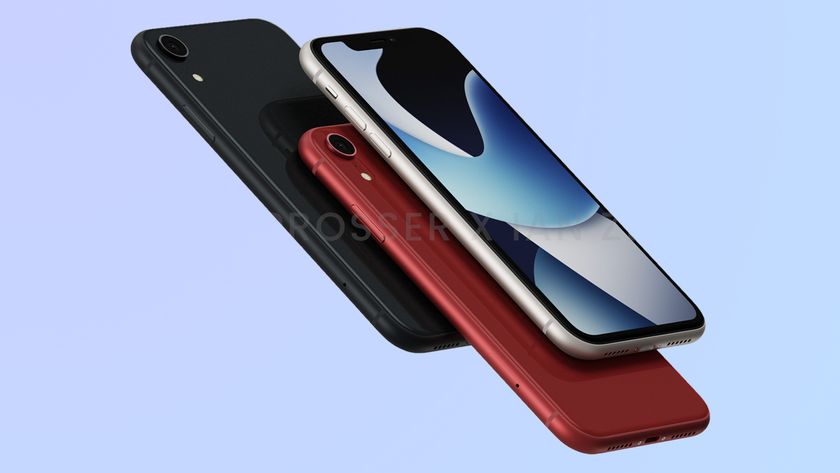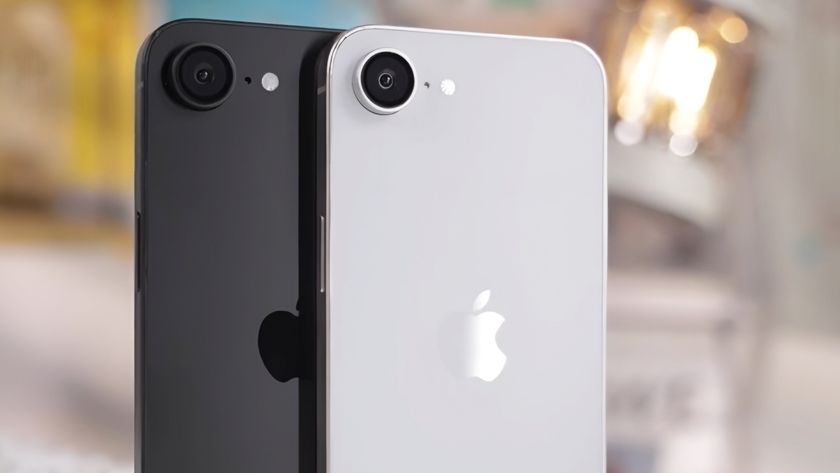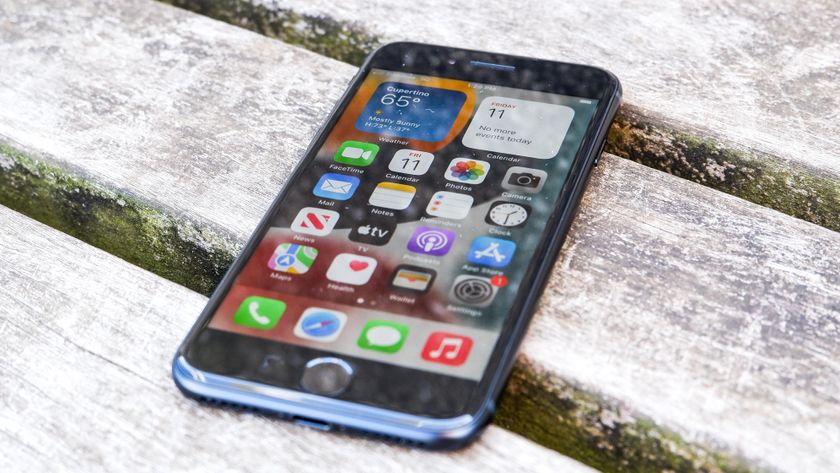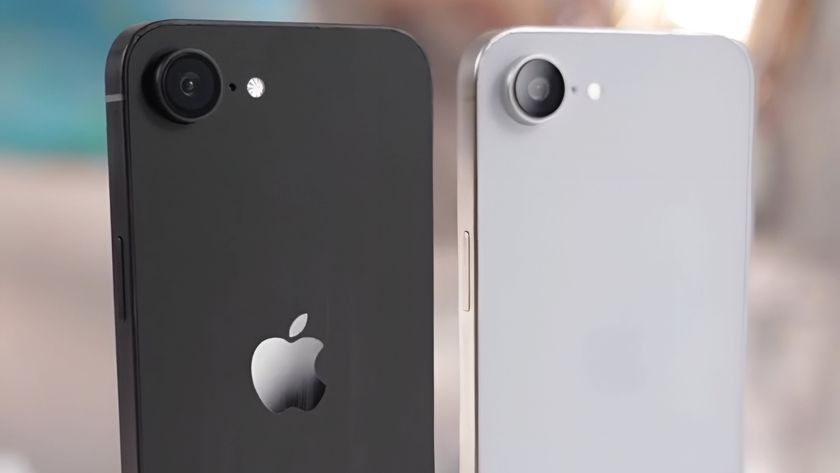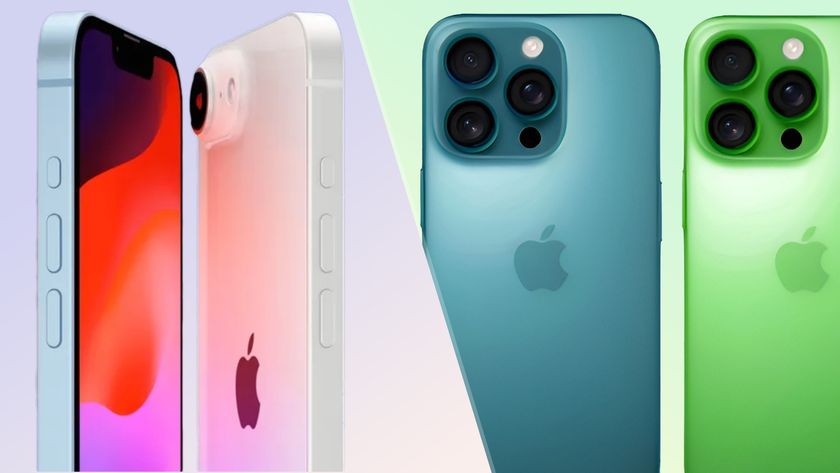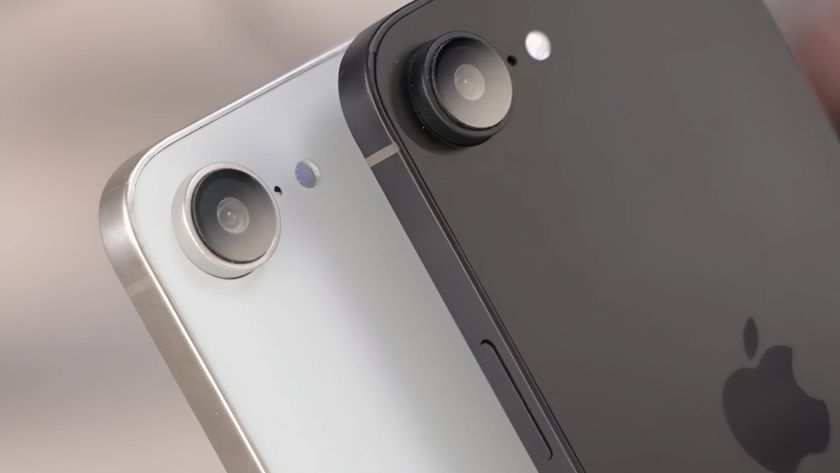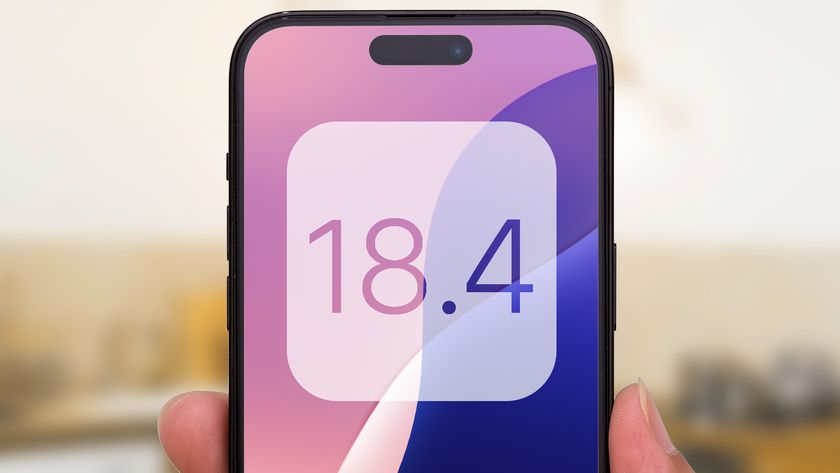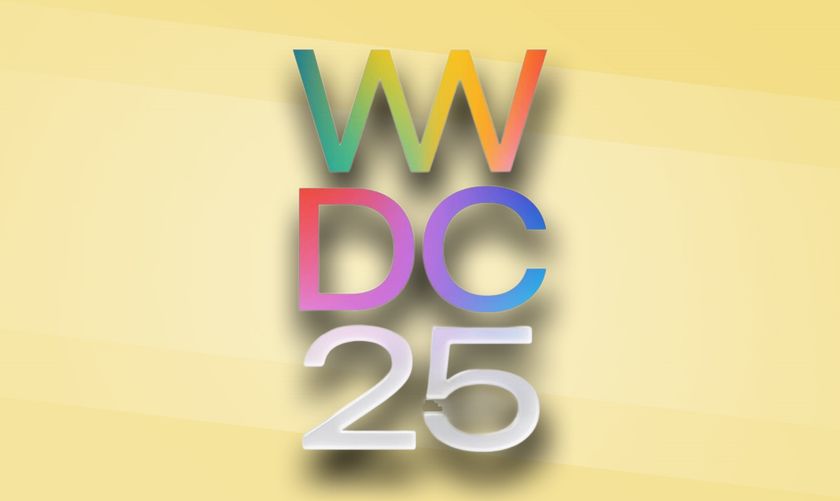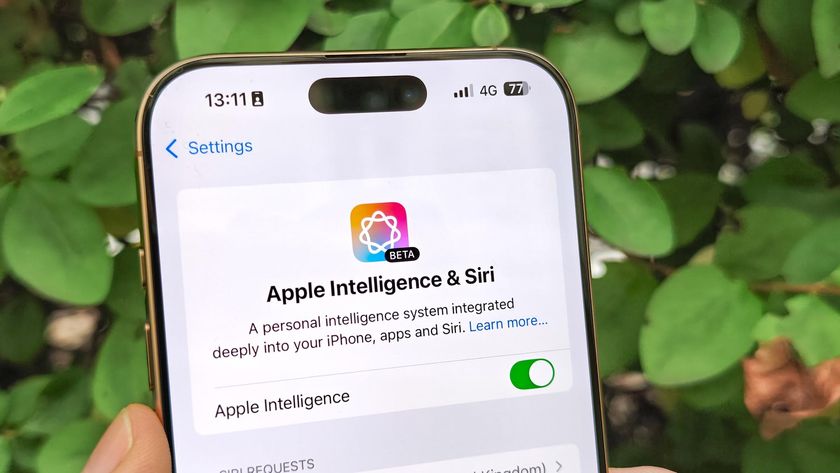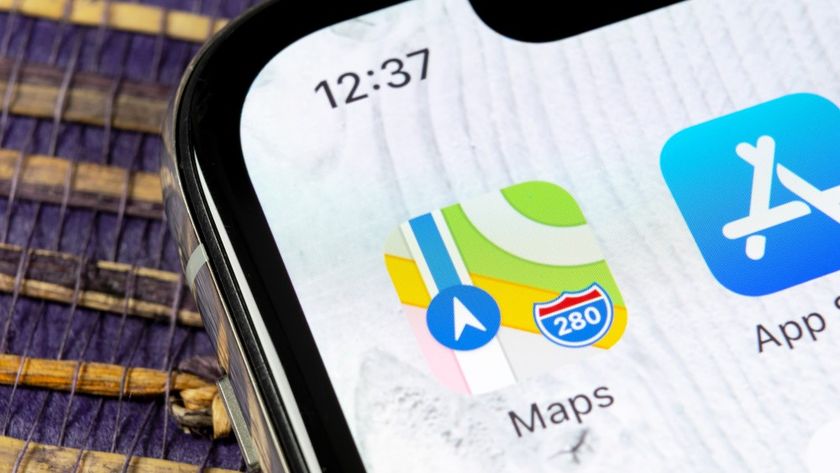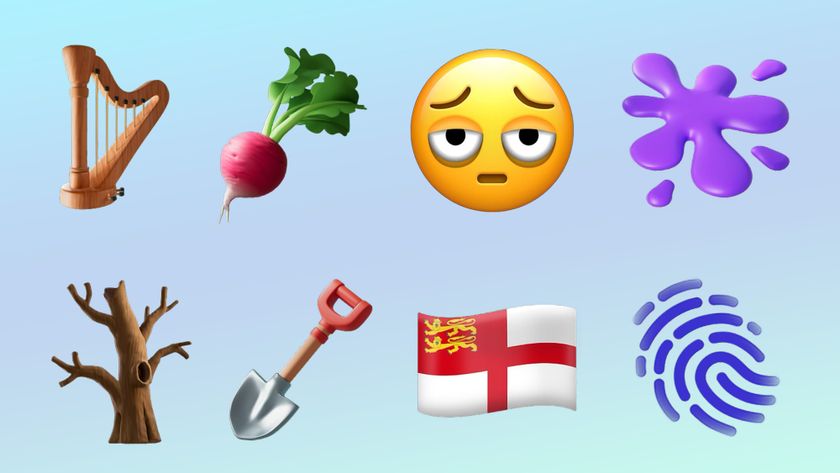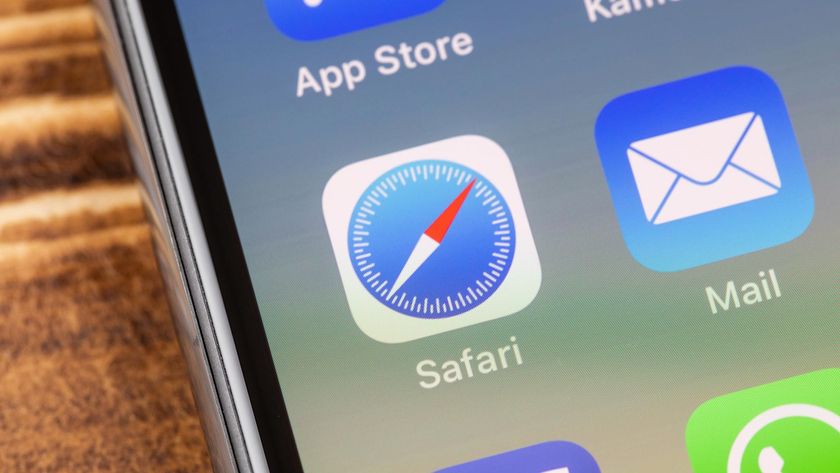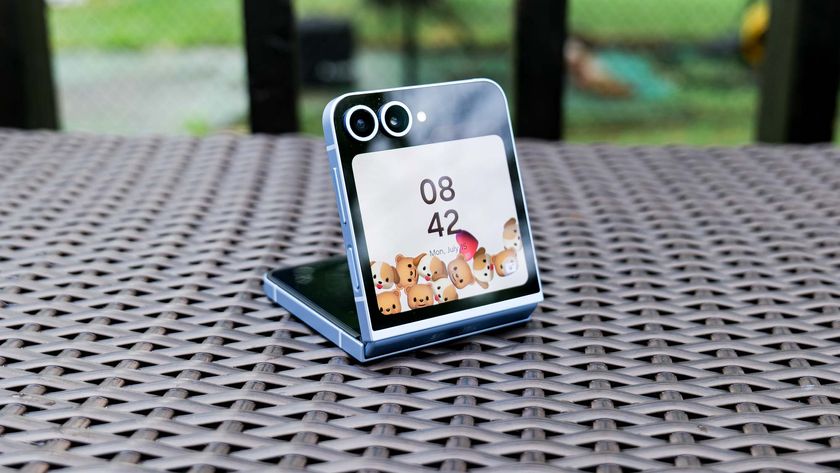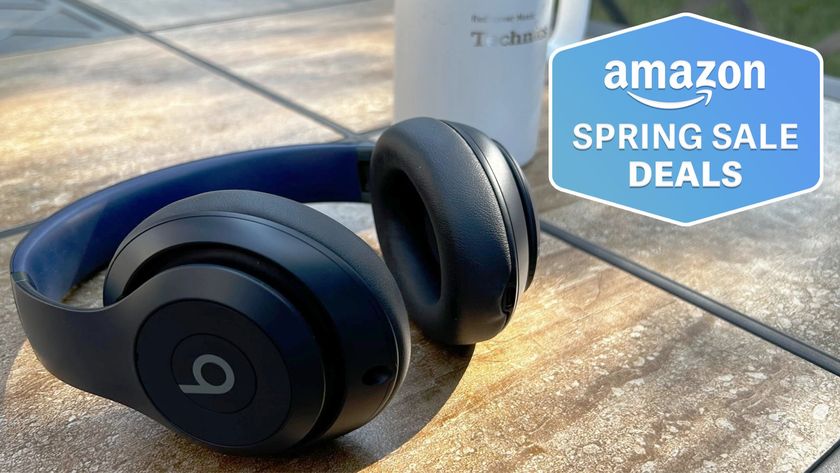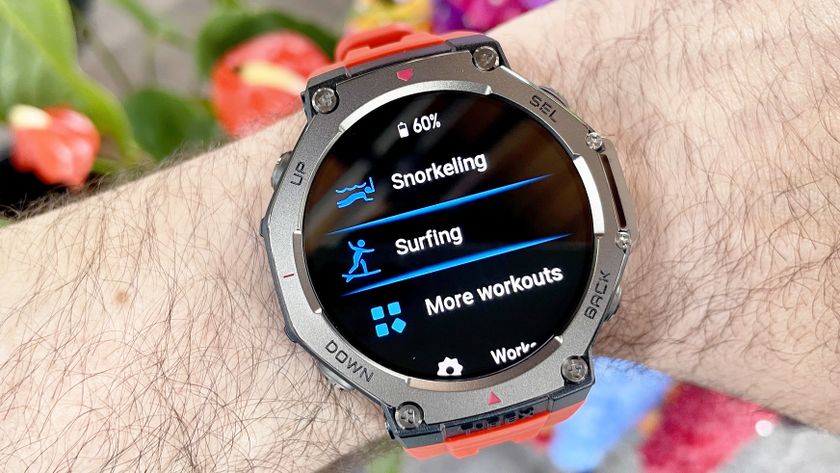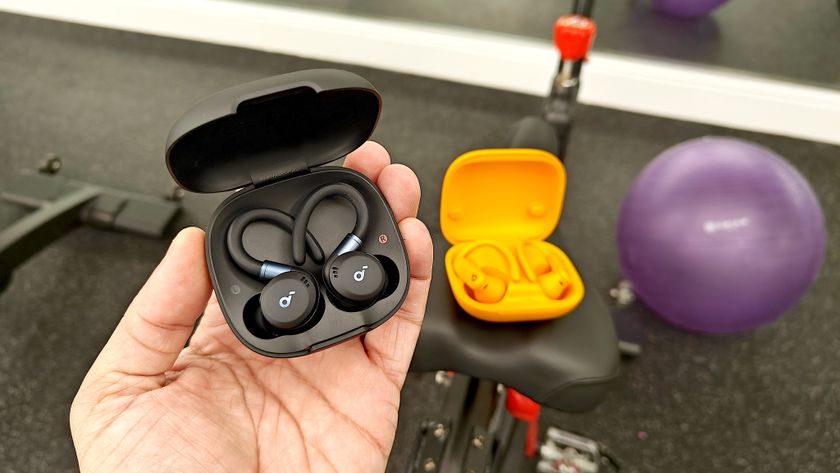Apple needs a new iPhone SE 4 in 2023 — here’s why
The iPhone SE risks falling behind the competition without a 2023 update
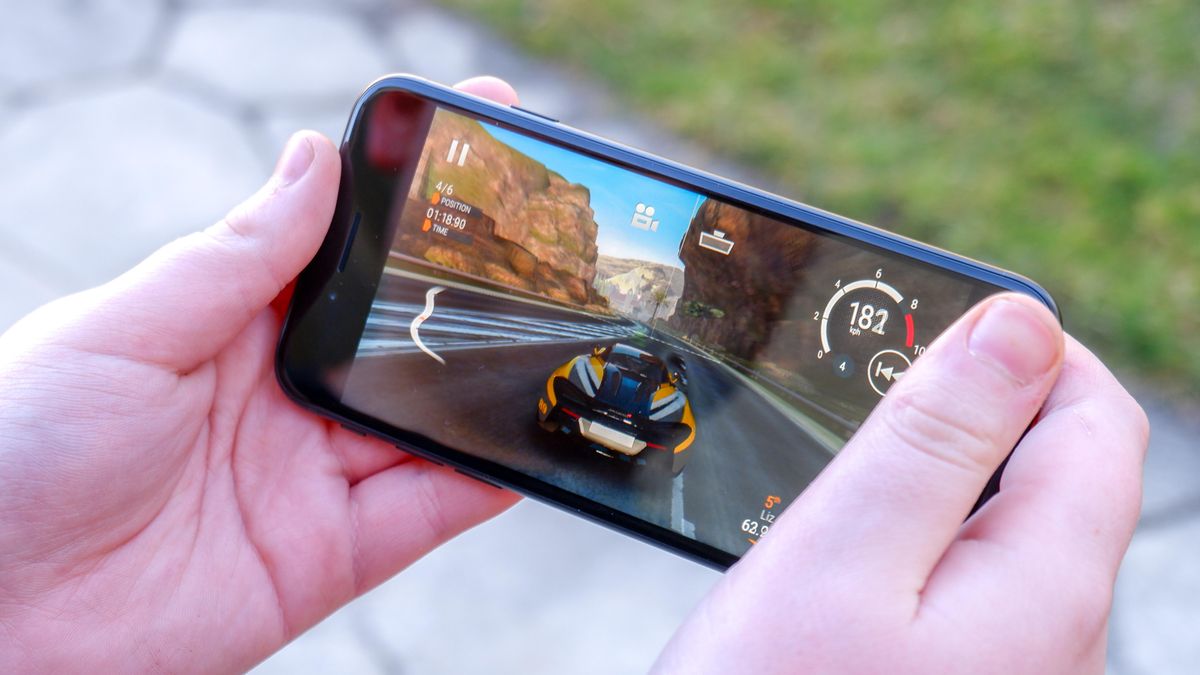
Unlike Apple's flagship iPhones and their annual update, a new iPhone SE model doesn't arrive with anything close to regularity. After the original iPhone SE debuted in 2016, we had to wait four years for a sequel. The current model, the iPhone SE 2022, came out just two years later, with Apple likely speeding up its release to get a 5G version of its budget phone out on the market.
The wait for an iPhone SE 4 could be even shorter. Current rumors suggest Apple has a new version of the phone in the works, with a spring 2023 arrival a definite possibility.
Rolling out an iPhone SE a year after the last version of the phone arrived would be a departure from Apple's usual phone release strategy. But it would clearly be the right move. Here's why Apple would be wise to boost the frequency of its iPhone SE updates.
The midrange phone market is more competitive than ever
Apple may have been content to space out new versions of its budget phone every two years or more, but rival device makers aren't following suit. Google has released new Pixel A series phones every year since 2019, and Samsung rolls out annual updates to its midrange Galaxy A lineup.
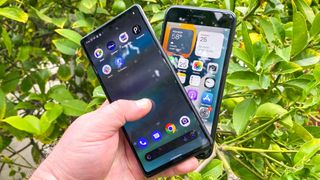
Even more significantly, these phones are really good. I wrote a while back that 2022 has been a banner year for midrange phones, the latest iPhone SE included. But as good as that phone is, it's not the best cheap phone. The Pixel 6a claims the crown, and the Galaxy A53 isn't that far behind.
That presents a dilemma for Apple. Google and Samsung almost assuredly have Pixel 6a and Galaxy A53 successors in the works. Unless Apple does, too, with an even newer iPhone SE, it runs the risk of falling further behind whatever its rivals roll out in the interim between the iPhone SE 2022 and whenever the next budget Apple phone appears.
The iPhone SE looks dated
Even if the iPhone SE didn't have to worry about inexpensive Android models stealing its thunder — and you could make the case that Apple needn't concern itself with what Android phone makers are doing — you'd have to concede that the latest SE does not offer a cutting-edge look.
The current model draws its inspiration from the iPhone 8, a phone that was last fresh and new five years ago. That means instead of an edge-to-edge display like you find on the current iPhone flagships, you get chunky bezels, particularly below the screen so that the iPhone SE can include a mostly obsolete Touch ID button.
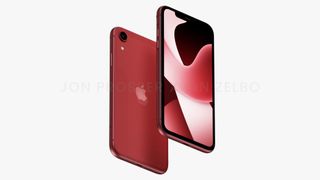
Surely, by now, it's time for the iPhone SE to adopt the notch display Apple introduced with the iPhone X. Yes, that look is going out of favor, too, as all of next year's iPhone 15 models are tipped to get the Dynamic Island feature introduced with the iPhone 14 Pro this fall. But adopting a notched display would at least keep the iPhone SE within touching distance of the current iPhone design.
We have good news on that front, at least. iPhone SE 4 rumors indicate Apple is going to replace the current iPhone 8-esque look with something more reminiscent of the iPhone 11. That's definitely a step in the right direction, and it's a step Apple should take right now.
Key iPhone features are missing from the SE
We get that a lower-cost iPhone is going to involve some sacrifices. Maybe Apple sticks with an LCD panel instead of an OLED screen, and we'd imagine additional camera lenses beyond the single 12MP shooter on the back of the current SE are a non-starter if Apple is to keep costs on this phone down. But we can't imagine any justification for continuing to leave a night mode out of the iPhone SE's repertoire.
There's certainly no technical limitation for the lack of low-light photo support on the iPhone SE. The phone may have a single rear camera, but it's also got a fairly recent processor in the form of the A15 Bionic. That should be enough to handle the post-processing needed to call out color and details in night shots.
What's more, the Pixel 6a offers a night mode, and the ability to take good photos when the lights are low is one of the major reasons Google's phone finished ahead in our Pixel 6a vs. iPhone SE face-off. Apple's going to have to address that shortcoming if it wants to keep the iPhone SE among the more compelling low-cost options for best camera phones.
iPhone 20220 users may be ready to upgrade
It used to be that people switched phones every two years, though that was in the early days of smartphones when there were more advances from one year to the next and phone carriers in the U.S. were willing to subsidize the cost of your handset. As phone prices have gone up and the pace of new features has leveled off, people are holding on to their phones longer — sometimes three years, sometimes more.
People who bought the iPhone SE 2020 two years ago may not have been ready for the 2022 model, especially since it looked so similar to their current phone and only really added 5G compatibility and a faster processor. Having squeezed another year of life out of their current phone, iPhone SE owners might be ready to upgrade to a new model in 2023 — especially if the SE adopts a different design and adds more compelling features like night mode.
iPhone SE 4 outlook
It's unclear at this point when we'll see the next SE version, with at least one analyst pointing to 2024 as a possible target. If so, that would be a mistake on Apple's part. With a healthy segment of consumers balking at paying flagship prices for phones, device makers are getting more clever with their midrange models. Waiting too long for an iPhone SE successor risks Apple getting frozen out of this potential market.
It's unclear what Apple's going to call its next phone — iPhone SE 4, iPhone SE 2023 or even iPhone SE Plus. But whatever the name, it's a device that needs to arrive sooner rather than later.
Potential bad news: Apple may have canceled or postponed the next iPhone SE.
Sign up to get the BEST of Tom's Guide direct to your inbox.
Get instant access to breaking news, the hottest reviews, great deals and helpful tips.
Philip Michaels is a Managing Editor at Tom's Guide. He's been covering personal technology since 1999 and was in the building when Steve Jobs showed off the iPhone for the first time. He's been evaluating smartphones since that first iPhone debuted in 2007, and he's been following phone carriers and smartphone plans since 2015. He has strong opinions about Apple, the Oakland Athletics, old movies and proper butchery techniques. Follow him at @PhilipMichaels.
